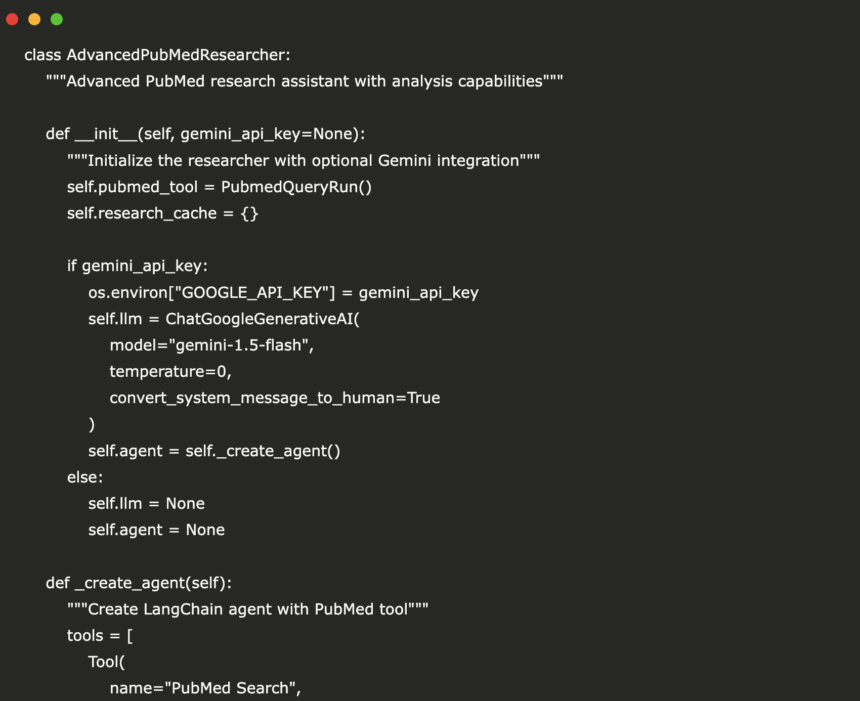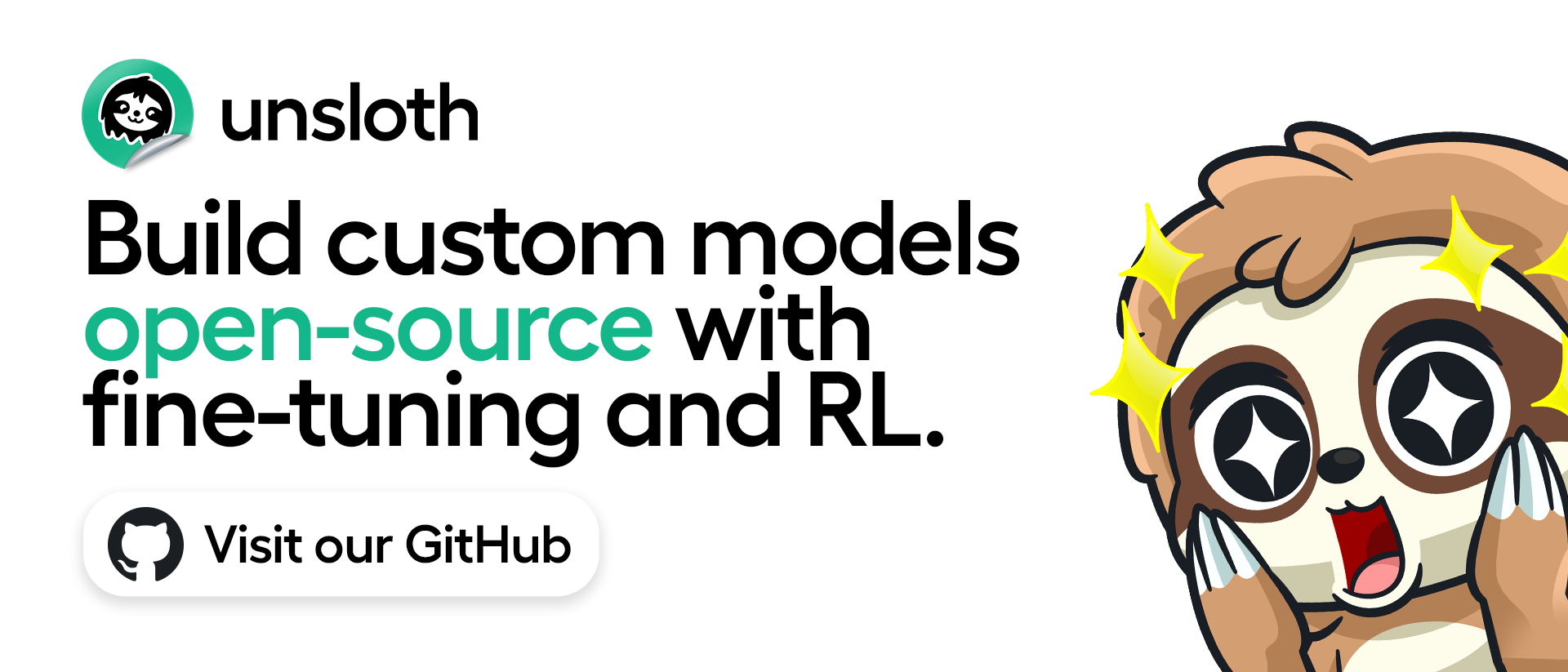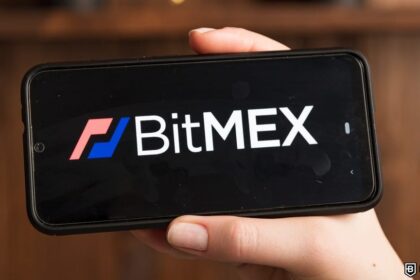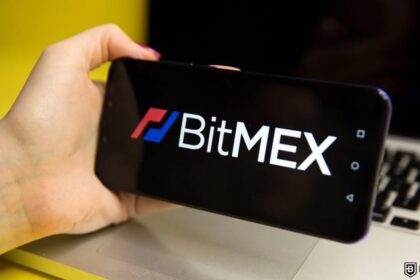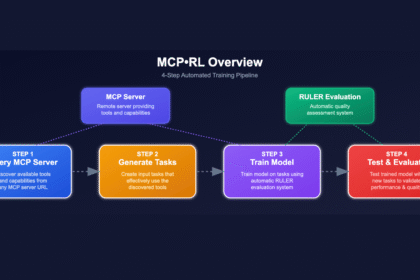In this tutorial, we are excited to introduce the Advanced PubMed Research Assistant, which guides you through building a streamlined pipeline for querying and analyzing biomedical literature. In this tutorial, we focus on leveraging the PubmedQueryRun tool to perform targeted searches, such as “CRISPR gene editing,” and then parse, cache, and explore those results. You’ll learn how to extract publication dates, titles, and summaries; store queries for instant reuse; and prepare your data for visualization or further analysis.
!pip install -q langchain-community xmltodict pandas matplotlib seaborn wordcloud google-generativeai langchain-google-genai
import os
import re
import pandas as pd
import matplotlib.pyplot as plt
import seaborn as sns
from datetime import datetime, timedelta
from collections import Counter
from wordcloud import WordCloud
import warnings
warnings.filterwarnings('ignore')
from langchain_community.tools.pubmed.tool import PubmedQueryRun
from langchain_google_genai import ChatGoogleGenerativeAI
from langchain.agents import initialize_agent, Tool
from langchain.agents import AgentTypeWe install and configure all the essential Python packages, including langchain-community, xmltodict, pandas, matplotlib, seaborn, and wordcloud, as well as Google Generative AI and LangChain Google integrations. We import core data‑processing and visualization libraries, silence warnings, and bring in the PubmedQueryRun tool and ChatGoogleGenerativeAI client. Finally, we prepare to initialize our LangChain agent with the PubMed search capability.
class AdvancedPubMedResearcher:
"""Advanced PubMed research assistant with analysis capabilities"""
def __init__(self, gemini_api_key=None):
"""Initialize the researcher with optional Gemini integration"""
self.pubmed_tool = PubmedQueryRun()
self.research_cache = {}
if gemini_api_key:
os.environ["GOOGLE_API_KEY"] = gemini_api_key
self.llm = ChatGoogleGenerativeAI(
model="gemini-1.5-flash",
temperature=0,
convert_system_message_to_human=True
)
self.agent = self._create_agent()
else:
self.llm = None
self.agent = None
def _create_agent(self):
"""Create LangChain agent with PubMed tool"""
tools = [
Tool(
name="PubMed Search",
func=self.pubmed_tool.invoke,
description="Search PubMed for biomedical literature. Use specific terms."
)
]
return initialize_agent(
tools,
self.llm,
agent=AgentType.ZERO_SHOT_REACT_DESCRIPTION,
verbose=True
)
def search_papers(self, query, max_results=5):
"""Search PubMed and parse results"""
print(f"🔍 Searching PubMed for: '{query}'")
try:
results = self.pubmed_tool.invoke(query)
papers = self._parse_pubmed_results(results)
self.research_cache[query] = {
'papers': papers,
'timestamp': datetime.now(),
'query': query
}
print(f"✅ Found {len(papers)} papers")
return papers
except Exception as e:
print(f"❌ Error searching PubMed: {str(e)}")
return []
def _parse_pubmed_results(self, results):
"""Parse PubMed search results into structured data"""
papers = []
publications = results.split('\n\nPublished: ')[1:]
for pub in publications:
try:
lines = pub.strip().split('\n')
pub_date = lines[0] if lines else "Unknown"
title_line = next((line for line in lines if line.startswith('Title: ')), '')
title = title_line.replace('Title: ', '') if title_line else "Unknown Title"
summary_start = None
for i, line in enumerate(lines):
if 'Summary::' in line:
summary_start = i + 1
break
summary = ""
if summary_start:
summary = ' '.join(lines[summary_start:])
papers.append({
'date': pub_date,
'title': title,
'summary': summary,
'word_count': len(summary.split()) if summary else 0
})
except Exception as e:
print(f"⚠️ Error parsing paper: {str(e)}")
continue
return papers
def analyze_research_trends(self, queries):
"""Analyze trends across multiple research topics"""
print("📊 Analyzing research trends...")
all_papers = []
topic_counts = {}
for query in queries:
papers = self.search_papers(query, max_results=3)
topic_counts[query] = len(papers)
for paper in papers:
paper['topic'] = query
all_papers.append(paper)
df = pd.DataFrame(all_papers)
if df.empty:
print("❌ No papers found for analysis")
return None
self._create_visualizations(df, topic_counts)
return df
def _create_visualizations(self, df, topic_counts):
"""Create research trend visualizations"""
plt.style.use('seaborn-v0_8')
fig, axes = plt.subplots(2, 2, figsize=(15, 12))
fig.suptitle('PubMed Research Analysis Dashboard', fontsize=16, fontweight="bold")
topics = list(topic_counts.keys())
counts = list(topic_counts.values())
axes[0,0].bar(range(len(topics)), counts, color="skyblue", alpha=0.7)
axes[0,0].set_xlabel('Research Topics')
axes[0,0].set_ylabel('Number of Papers')
axes[0,0].set_title('Papers Found by Topic')
axes[0,0].set_xticks(range(len(topics)))
axes[0,0].set_xticklabels([t[:20]+'...' if len(t)>20 else t for t in topics], rotation=45, ha="right")
if 'word_count' in df.columns and not df['word_count'].empty:
axes[0,1].hist(df['word_count'], bins=10, color="lightcoral", alpha=0.7)
axes[0,1].set_xlabel('Abstract Word Count')
axes[0,1].set_ylabel('Frequency')
axes[0,1].set_title('Distribution of Abstract Lengths')
try:
dates = pd.to_datetime(df['date'], errors="coerce")
valid_dates = dates.dropna()
if not valid_dates.empty:
axes[1,0].hist(valid_dates, bins=10, color="lightgreen", alpha=0.7)
axes[1,0].set_xlabel('Publication Date')
axes[1,0].set_ylabel('Number of Papers')
axes[1,0].set_title('Publication Timeline')
plt.setp(axes[1,0].xaxis.get_majorticklabels(), rotation=45)
except:
axes[1,0].text(0.5, 0.5, 'Date parsing unavailable', ha="center", va="center", transform=axes[1,0].transAxes)
all_titles=" ".join(df['title'].fillna('').astype(str))
if all_titles.strip():
clean_titles = re.sub(r'[^a-zA-Z\s]', '', all_titles.lower())
try:
wordcloud = WordCloud(width=400, height=300, background_color="white",
max_words=50, colormap='viridis').generate(clean_titles)
axes[1,1].imshow(wordcloud, interpolation='bilinear')
axes[1,1].axis('off')
axes[1,1].set_title('Common Words in Titles')
except:
axes[1,1].text(0.5, 0.5, 'Word cloud unavailable', ha="center", va="center", transform=axes[1,1].transAxes)
plt.tight_layout()
plt.show()
def comparative_analysis(self, topic1, topic2):
"""Compare two research topics"""
print(f"🔬 Comparing '{topic1}' vs '{topic2}'")
papers1 = self.search_papers(topic1)
papers2 = self.search_papers(topic2)
avg_length1 = sum(p['word_count'] for p in papers1) / len(papers1) if papers1 else 0
avg_length2 = sum(p['word_count'] for p in papers2) / len(papers2) if papers2 else 0
print("\n📈 Comparison Results:")
print(f"Topic 1 ({topic1}):")
print(f" - Papers found: {len(papers1)}")
print(f" - Avg abstract length: {avg_length1:.1f} words")
print(f"\nTopic 2 ({topic2}):")
print(f" - Papers found: {len(papers2)}")
print(f" - Avg abstract length: {avg_length2:.1f} words")
return papers1, papers2
def intelligent_query(self, question):
"""Use AI agent to answer research questions (requires Gemini API)"""
if not self.agent:
print("❌ AI agent not available. Please provide Gemini API key.")
print("💡 Get free API key at: https://makersuite.google.com/app/apikey")
return None
print(f"🤖 Processing intelligent query with Gemini: '{question}'")
try:
response = self.agent.run(question)
return response
except Exception as e:
print(f"❌ Error with AI query: {str(e)}")
return None
We encapsulate the PubMed querying workflow in our AdvancedPubMedResearcher class, initializing the PubmedQueryRun tool and an optional Gemini-powered LLM agent for advanced analysis. We provide methods to search for papers, parse and cache results, analyze research trends with rich visualizations, and compare topics side by side. This class streamlines programmatic exploration of biomedical literature and intelligent querying in just a few method calls.
def main():
"""Main tutorial demonstration"""
print("🚀 Advanced PubMed Research Assistant Tutorial")
print("=" * 50)
# Initialize researcher
# Uncomment next line and add your free Gemini API key for AI features
# Get your free API key at: https://makersuite.google.com/app/apikey
# researcher = AdvancedPubMedResearcher(gemini_api_key="your-gemini-api-key")
researcher = AdvancedPubMedResearcher()
print("\n1️⃣ Basic PubMed Search")
papers = researcher.search_papers("CRISPR gene editing", max_results=3)
if papers:
print(f"\nFirst paper preview:")
print(f"Title: {papers[0]['title']}")
print(f"Date: {papers[0]['date']}")
print(f"Summary preview: {papers[0]['summary'][:200]}...")
print("\n\n2️⃣ Research Trends Analysis")
research_topics = [
"machine learning healthcare",
"CRISPR gene editing",
"COVID-19 vaccine"
]
df = researcher.analyze_research_trends(research_topics)
if df is not None:
print(f"\nDataFrame shape: {df.shape}")
print("\nSample data:")
print(df[['topic', 'title', 'word_count']].head())
print("\n\n3️⃣ Comparative Analysis")
papers1, papers2 = researcher.comparative_analysis(
"artificial intelligence diagnosis",
"traditional diagnostic methods"
)
print("\n\n4️⃣ Advanced Features")
print("Cache contents:", list(researcher.research_cache.keys()))
if researcher.research_cache:
latest_query = list(researcher.research_cache.keys())[-1]
cached_data = researcher.research_cache[latest_query]
print(f"Latest cached query: '{latest_query}'")
print(f"Cached papers count: {len(cached_data['papers'])}")
print("\n✅ Tutorial complete!")
print("\nNext steps:")
print("- Add your FREE Gemini API key for AI-powered analysis")
print(" Get it at: https://makersuite.google.com/app/apikey")
print("- Customize queries for your research domain")
print("- Export results to CSV with: df.to_csv('research_results.csv')")
print("\n🎁 Bonus: To test AI features, run:")
print("researcher = AdvancedPubMedResearcher(gemini_api_key='your-key')")
print("response = researcher.intelligent_query('What are the latest breakthrough in cancer treatment?')")
print("print(response)")
if __name__ == "__main__":
main()
We implement the main function to orchestrate the full tutorial demo, guiding users through basic PubMed searches, multi‑topic trend analyses, comparative studies, and cache inspection in a clear, numbered sequence. We wrap up by highlighting the next steps, including adding your Gemini API key for AI features, customizing queries to your domain, and exporting results to CSV, along with a bonus snippet for running intelligent, Gemini-powered research queries.
In conclusion, we have now demonstrated how to harness the power of PubMed programmatically, from crafting precise search queries to parsing and caching results for quick retrieval. By following these steps, you can automate your literature review process, track research trends over time, and integrate advanced analyses into your workflows. We encourage you to experiment with different search terms, dive into the cached results, and extend this framework to support your ongoing biomedical research.
Check out the CODES here. All credit for this research goes to the researchers of this project.
Meet the AI Dev Newsletter read by 40k+ Devs and Researchers from NVIDIA, OpenAI, DeepMind, Meta, Microsoft, JP Morgan Chase, Amgen, Aflac, Wells Fargo and 100s more [SUBSCRIBE NOW]
Sana Hassan, a consulting intern at Marktechpost and dual-degree student at IIT Madras, is passionate about applying technology and AI to address real-world challenges. With a keen interest in solving practical problems, he brings a fresh perspective to the intersection of AI and real-life solutions.




